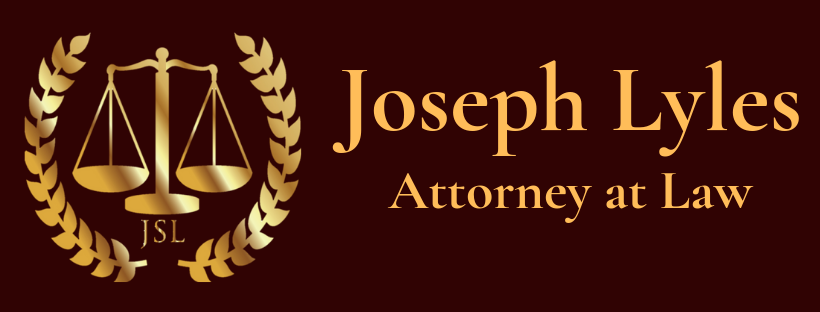Lesson 45: “Render Therefore Unto Caesar the Things Which are Caesar’s…”
From the Death and Taxes section of How You Can Avoid Legal Land Mines by Joseph S. Lyles (2003).
Everyone hates paying taxes. I imagine that even IRS agents grumble about it from time to time. In spite of all the promises of politicians, our tax laws remain very complicated and thus a legal burden to the average citizen. When you need help, whom do you call?
The two primary professionals we usually call for tax help are accountants and tax attorneys. What is the difference? The biggest difference, in my mind, is that no attorney-client privilege guards what you tell your accountant, but it does guard what you tell your attorney. This privilege protects you from having your tax attorney testify against you. I also believe that most accountants have a very different approach to solving tax problems than do most attorneys.
It seems that accountants are usually more pragmatic than tax attorneys, but they may not understand all the nuances of the tax laws are regulations. Accountants and tax attorneys often approach tax questions from different perspectives, although they usually arrive at the same answers. Generally, accountants charge lower hourly rates than tax attorneys. Because tax problems are complex and can be costly, you need to weigh carefully whether to use a less expensive accountant or a more expensive tax attorney, or both.
The so-called death tax has received a lot of media attention recently. Recently, the Congress passed and the President signed dramatic changes to the laws governing death taxes (more appropriately called “estate taxes”). The changes are supposedly going to phase out all estate taxes over the years until 2010, when they are currently scheduled to cease. Other changes to the tax laws will probably negate much of these tax savings.
If your total net assets could exceed a million dollars upon your death, then you need to see an estate tax professional. Proper estate planning can help your heirs from being hit with taxes upon the assets they inherit from you. Also, estate planning can help you support charitable organizations with the money that would otherwise go to pay estate taxes.
The Lesson: If you are an heir of an estate that is worth $1,000,000 or more, you should seek tax advice immediately. Certain legal steps can be taken early in the probate process to help you minimize the tax burden.
